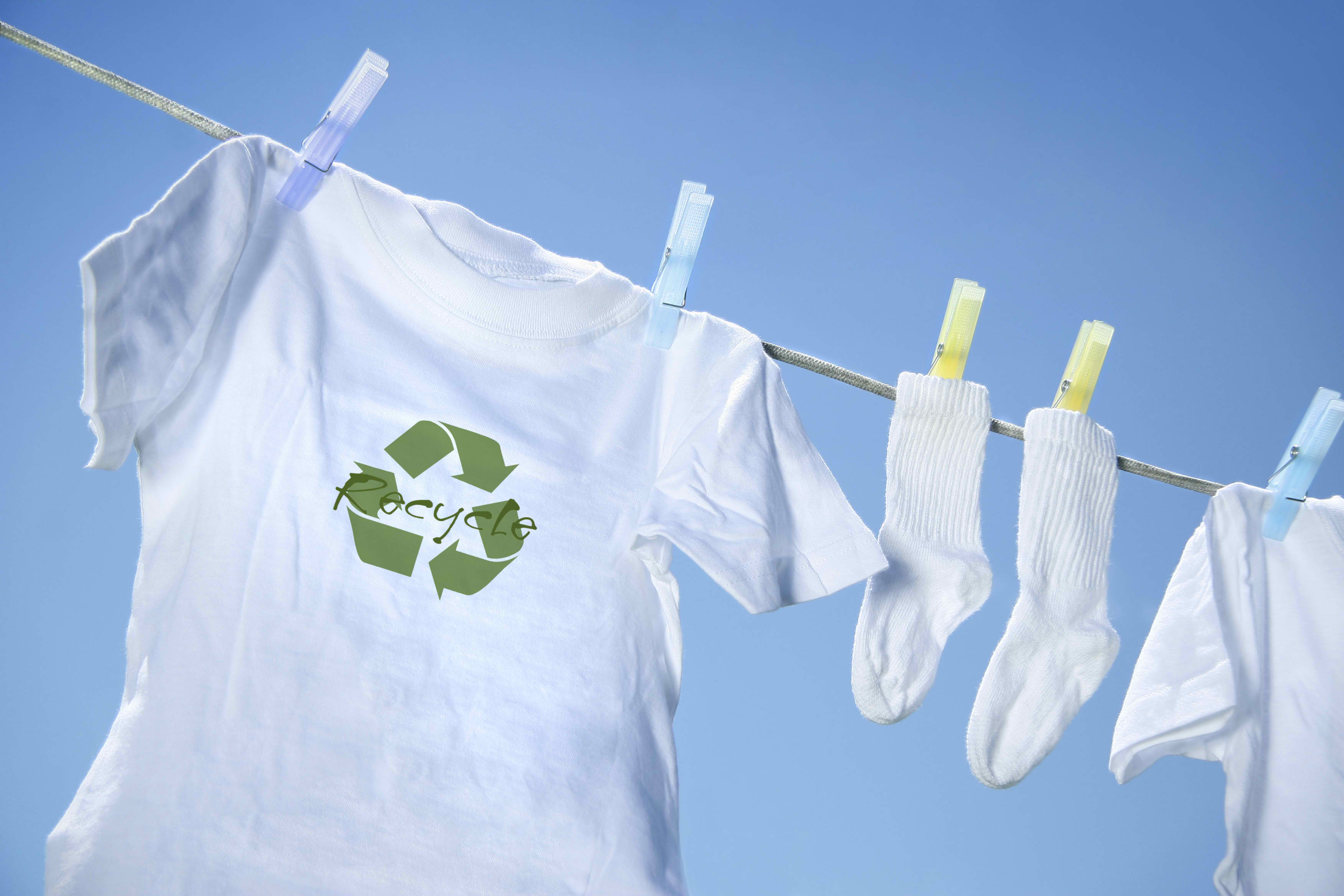

13 million tons of clothes per year are thrown away by the US alone and conditions in clothing factories worldwide are often poor. A case in point is the Rana Plaza collapse which showed the human impact of an industry largely built on outsourced, low-paid labour. Over 150 billion items of clothing per year are produced by the industry, which is enough to provide 20 new garments to every human on the planet. Therefore, one can imagine that addressing the impacts is difficult.
A trend-driven industry
Quite fickle and driven by trends, no product solution in fashion stays in the market for long and even the economics of fashion are limiting. Decision-makers are invariably driven toward cheaper options as per-item profit in the industry is as low as 4 per cent. Thus, the question is, how can the industry truly transform itself?
The Future Fabrics Expo, an exhibition at London’s Olympia exhibition centre recently, attempted to provide answers to this dilemma and showed some practical steps being taken to stimulate change.
A limited range of manufacturing materials makes sustainable clothing unsuitable for markets with fast product turnover is one of the accusations made at ethical fashion and by association, sustainable products in general. Essentially, they would go out of fashion too quickly. This perception was challenged by the Future Fabrics Expo. Developed by not-for-profit organisation, The Sustainable Angle the exhibition showcased over 1,500 ethically and sustainably produced materials, from luxury haute-couture fabrics to specialised textiles for sportswear and upholstery. Fabrics were derived from diverse crops such as tree bark, pineapple leaves and mushrooms, or created from industrial by-products or special polymers intended for fully closed-loop recycling.
Since, this is a trend-driven industry, products are updated or replaced quite frequently and Future Fabrics highlighted the sheer range of sustainable solutions available on the global market today. It demonstrated that the pace of innovation in sustainable technology is reaching a point where it can comfortably keep up with consumer demand.
Is it viable for production costs? Production costs
mean everything in high-volume, low-cost fashion. And, this can be an uphill task for sustainable practices to compete with their budget alternatives. Thus, the question is, whether ethical manufacture is viable in highly competitive markets with low profit margins. Tamsin Lejeune, Founder of the Ethical Fashion Forum, believes this. She disputed the idea that ethical business practices must necessarily hurt revenues, while speaking at a Fashion SVP seminar session chaired by Oliver Horton.
She illustrated how striving to meet 100 sustainable and ethical goals had already fetched Marks & Spencer benefits worth £625 million. She was using the company’s recently extended Plan A initiative. She said that every business needed and efficient supply chain and it can’t be efficient if it’s damaging the environment through wasteful manufacturing processes.
Besides, she also mentioned M&S’ partnership with ethical labour project Better Work, and explained how investment in sustainability could generate greater returns for the business. Lejeune stated that there was evidence that raising wages for garment workers increases productivity.
She concluded by mentioning that sustainable business values are now resonating with consumers increasingly.
www.ethicalfashionforum.com












